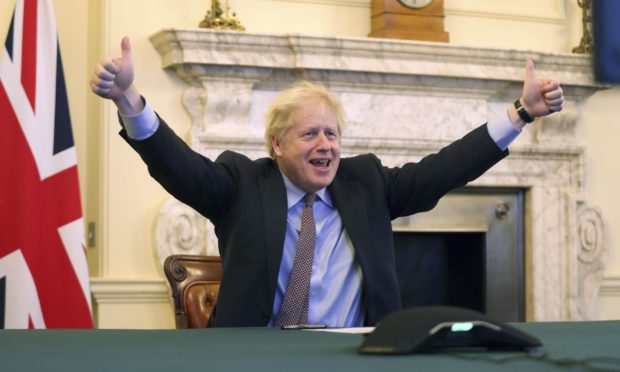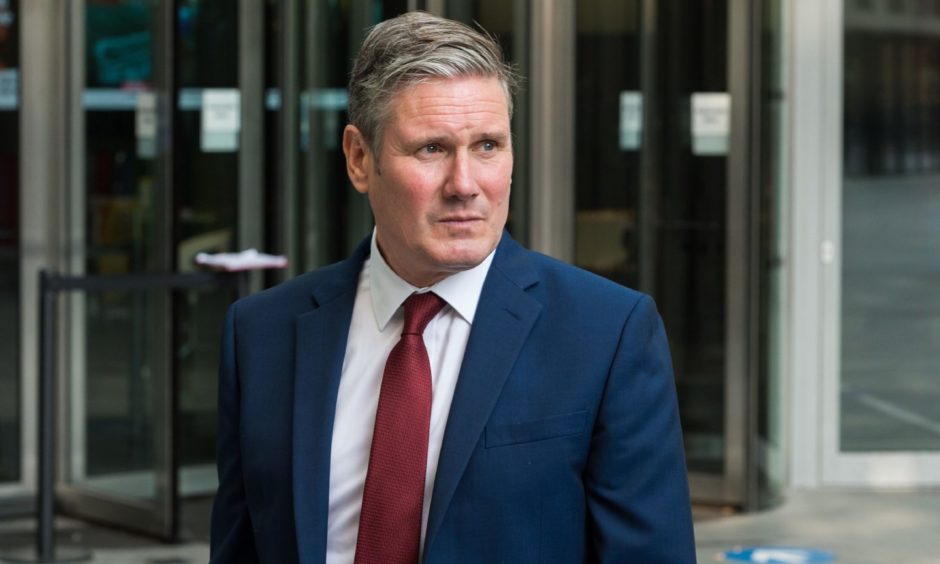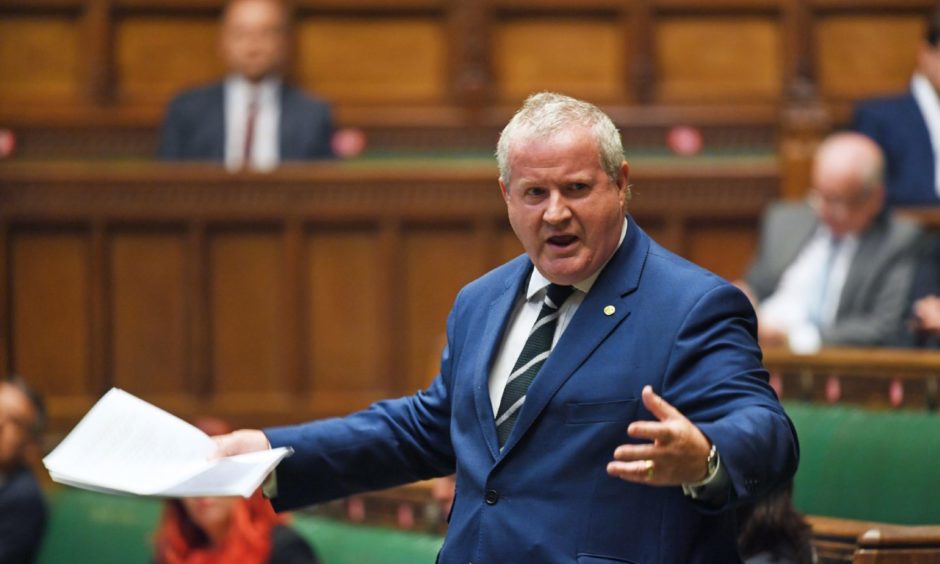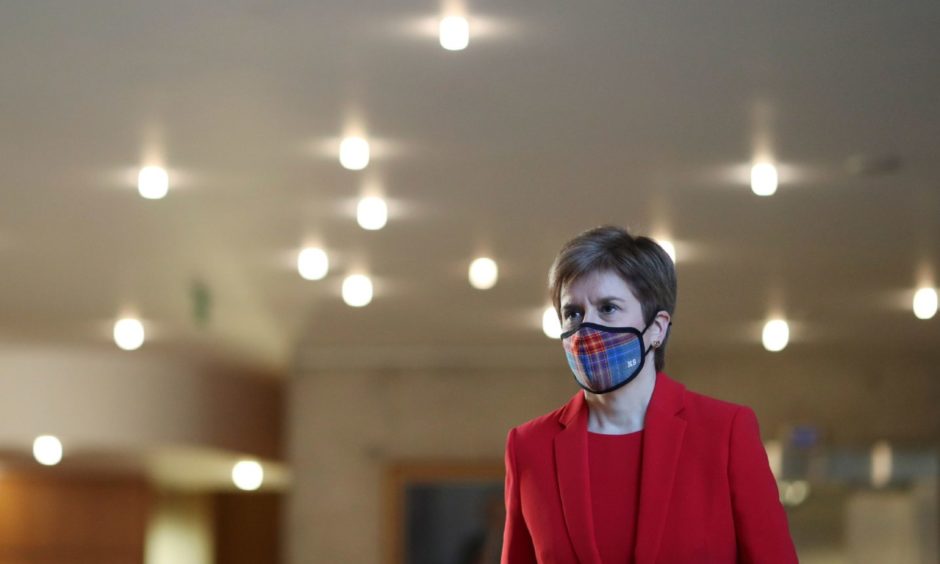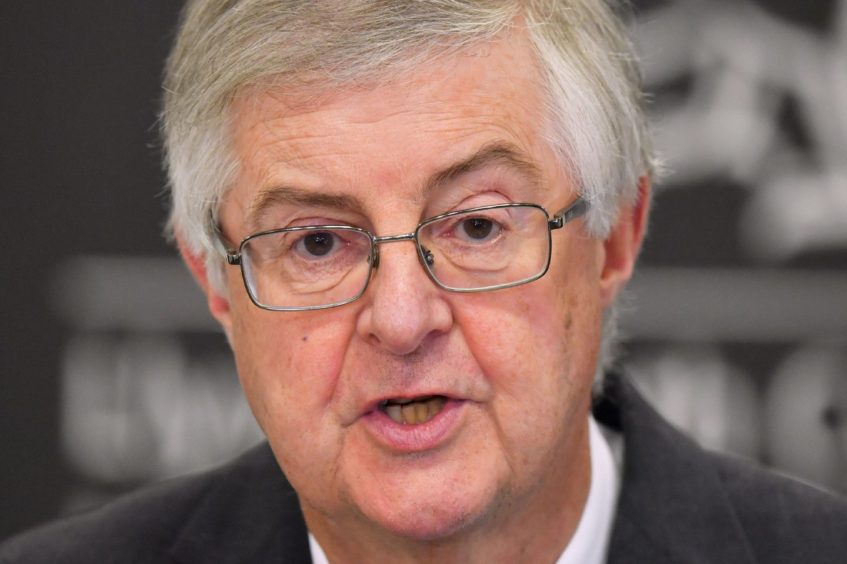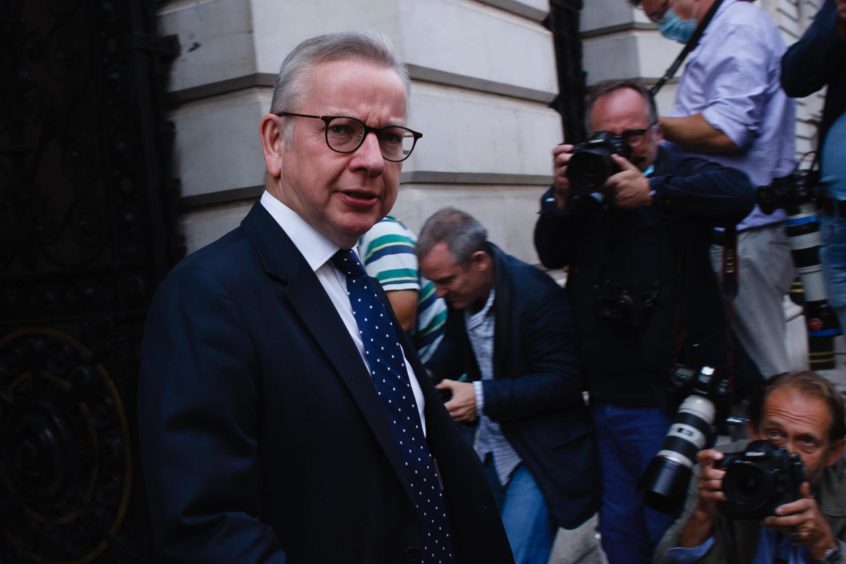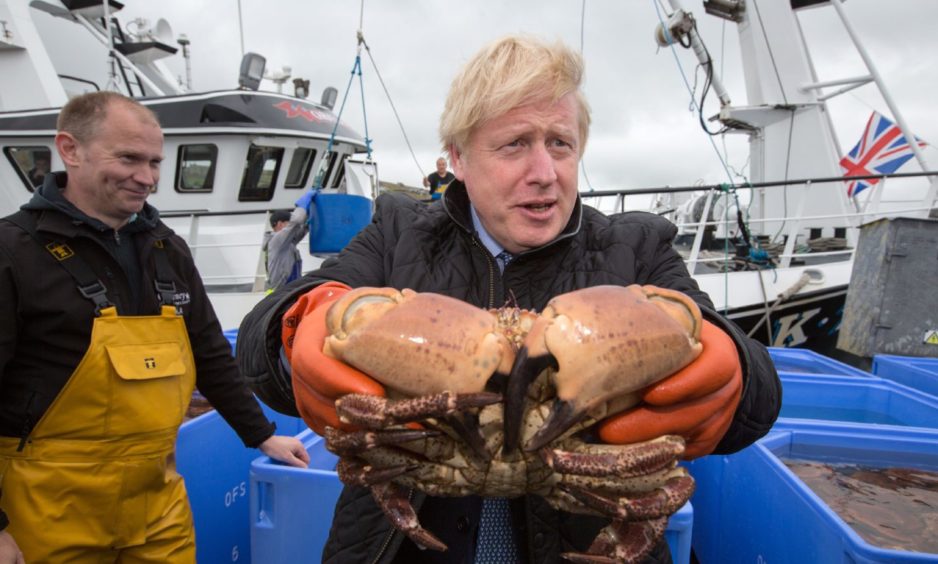EU ambassadors have given provisional approval for Britain’s post-Brexit trade deal to be implemented from January 1.
A spokesman for the German EU presidency said the ambassadors had unanimously agreed to “green light” the settlement hammered out on Christmas Eve.
The move paves the way for the agreement, which allows for continued tariff-free trade with the EU single market, to take effect when the current Brexit transition period expires on Thursday.
“EU ambassadors have unanimously approved the provisional application of the EU-UK Trade and Cooperation Agreement as of January 1 2021,” the spokesman said.
The European Parliament must also formally ratify the deal in the new year, although this will now apply retrospectively.
A special sitting
MPs are preparing to vote on the deal in a special sitting of Parliament called for Wednesday. It is likely to pass through both Houses, with Labour ordering its MPs to vote for the “thin” treaty because the only other option is a departure without a deal.
The party’s pro-European leader, Sir Keir Starmer, said it is “in the national interest” to support the agreement despite concerns over the terms negotiated.
He said: “At a moment of such national significance, it is just not credible for Labour to be on the sidelines. That is why I can say today that when this deal comes before Parliament, Labour will accept it and vote for it.
“But let me be absolutely clear – and say directly to the government – up against no deal, we accept this deal, but the consequences of it are yours.”
The SNP has already confirmed its MPs will vote against the deal, after the party’s Westminster leader, Ian Blackford, branded it a “disaster for Scotland”. He described it as an “unforgiveable act of economic vandalism and gross stupidity”.
But Scottish secretary Alister Jack insisted Scots would expect their MPs to “do the right thing” and back the agreement in Wednesday’s Commons vote.
He said: “The deal is good news for Scotland and I believe it is now time to move on from the Brexit debate and join forces in embracing our exciting future.”
MSPs recalled
The Scottish Parliament will be recalled on Wednesday to allow MSPs to consider the prime minister’s Brexit deal before the new year.
It is only the fourth time Holyrood has been recalled since devolution, with the other occasions coming after the death of Donald Dewar in October 2000, the death of the Queen Mother in 2002 and the release of Abdelbaset al-Megrahi in 2001.
The Presiding Officer @KenMacintoshMSP will recall the Parliament at 2.00pm on Wednesday 30 December to consider a trade and co-operation agreement between the United Kingdom and the European Union. Further timings will be announced in due course. pic.twitter.com/S7xsxFzBkP
— Scottish Parliament (@ScotParl) December 27, 2020
The Scottish Parliament is currently in recess and the next business was not due to take place until January 12 but MSPs will now sit in a hybrid session at 2pm.
Presiding officer Ken Macintosh announced the recall on Sunday.
Nicola Sturgeon said on the day the deal was announced that Brexit “is happening against Scotland’s will” and “it’s time to chart our own future as an independent, European nation.”
The first minister had called for an extension to the transition period to avoid disruption in the midst of a new wave of coronavirus cases.
Elsewhere in the UK…
Welsh first minister Mark Drakeford said the Welsh Government has not yet seen the full text of the agreement and “clearly will need to analyse and scrutinise the detail before being able to take a considered view”.
But he said it was “already clear that this is not the sort of deal which the Welsh Government wanted: one which would have protected jobs, the economy and the rights of our citizens”.
His administration has argued that securing a deal should be the “absolute priority” for all parties and Mr Drakeford said against a no-deal option, the agreement on the table, “despite its very serious shortcomings, is the better outcome”.
Meanwhile, the Stormont Executive has been meeting virtually to discuss the deal but opposition parties have strongly opposing views on the agreement.
Sinn Féin has proposed recalling the assembly early to allow MLAs to debate the agreement, something that could happen on Tuesday if 30 MLAs sign a recall petition.
“A sensible trade deal between the United Kingdom and the European Union was always the most favourable outcome for Northern Ireland.”
Full statement 👇👇https://t.co/oaD9V7aKVl
— Arlene Foster #We’llMeetAgain (@DUPleader) December 24, 2020
Sinn Féin, the SDLP, the Alliance Party and the NI Greens oppose Brexit, while the DUP and TUV supported Brexit but rejected the withdrawal agreement.
The Ulster Unionists campaigned against Brexit but later accepted the referendum result; however, it also opposed the Northern Ireland Protocol.
The DUP will meet on Tuesday for further discussions but has not indicated whether it will support the deal at Westminster. It has been reported the SDLP and Alliance MPs will vote against it.
Warning to businesses
The agreement from EU ambassadors came as ministers stepped up calls for businesses and individuals to prepare for the new procedures that will apply in just four days’ time, regardless of the agreement.
Cabinet Office Minister Michael Gove warned time is “very short” as he acknowledged there are likely to be “bumpy moments” as the new arrangements come into effect.
He said firms needed to be ready for new customs, while he urged UK citizens to take out comprehensive travel insurance to cover health costs and to check their mobile roaming policies to avoid charges if they are travelling to the EU.
Mr Gove rejected increasingly angry claims from Britain’s fishermen that Boris Johnson has failed to deliver on his promises made in the referendum campaign.
Under the terms of the agreement, a quarter of EU boats’ fishing rights in UK waters will be transferred to the UK fishing fleet over a five-and-a-half-year transition period.
“I think it is fair to say that we are in a stronger position than we were in the EU and in the common fisheries policy,” Mr Gove told the BBC Radio 4 Today programme.
“In the common fisheries policy we were only able to access about 50% of the fish in our waters. It is the case that we are now getting a significant uptick in that number, so we will have by 2026 about two-thirds of the fish in our waters.”
